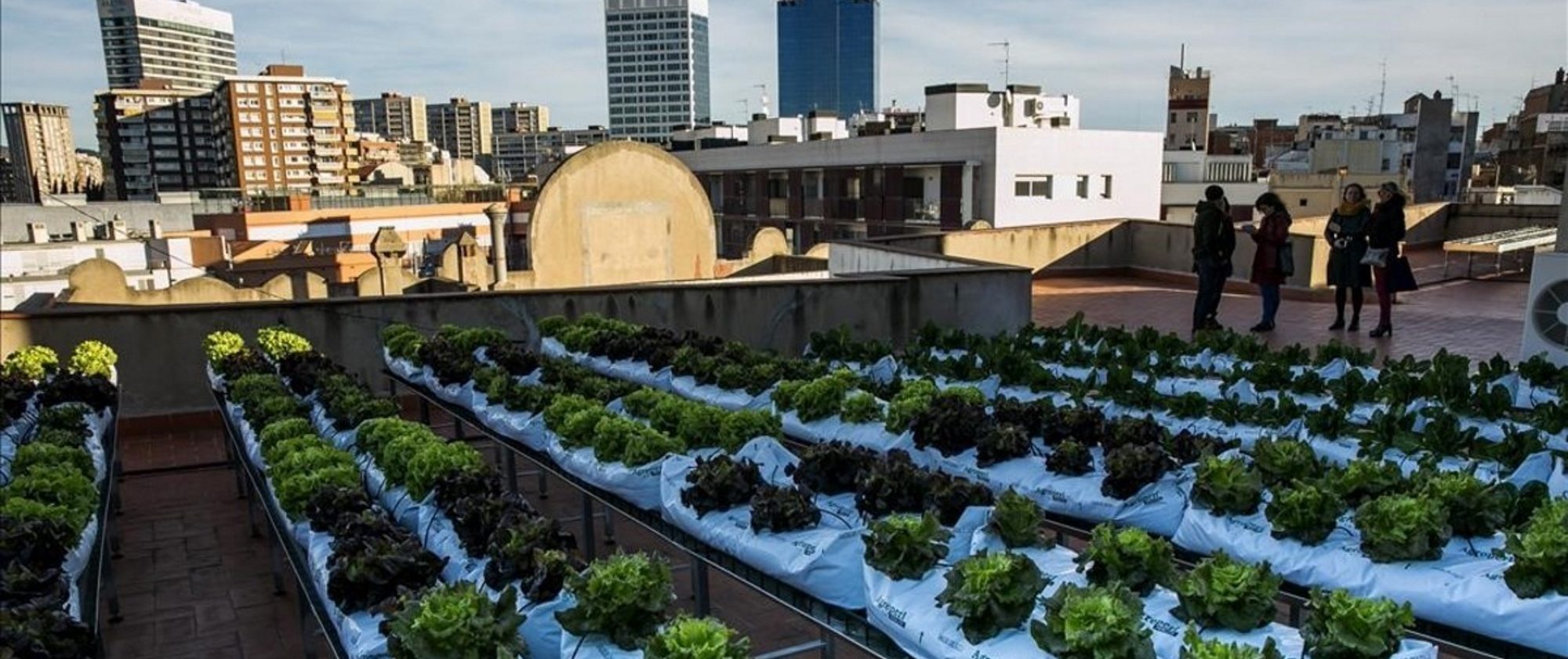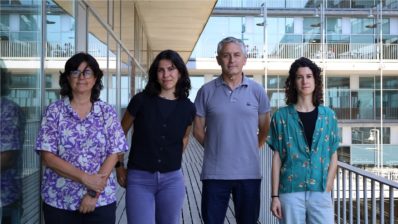It is known that urban gardening, not a very well known activity, brings good health to those who practice it, promoting physical activity and the establishment of interpersonal links. As the name itself suggests, urban gardening consists of gardening activities in different places of a city: from crops inside buildings to green walls and rooftop gardens.
The researchers Isabelle Anguelovski from the Hospital del Mar Medical Research Institute (IMIM), Margarita Triguero-Mas and Carolyn Dahe, both from the Barcelona Institute for Global Health (ISGlobal), have based their study on this activity. The scientists are working on a project about inclusion, health and wellbeing in socially vulnerable people in Barcelona.
The study is focused on the social aspects of rooftop gardening. Specifically, the researchers want to study how beneficial this activity is to disabled people, since the practice of urban gardening is especially positive for socially vulnerable people.
The project is being carried out in two pilot gardens: one located in the Eixample District and the other in the Sants District. In order to evaluate the benefits, family members, social workers and the participants themselves are being interviewed. The objective is to prove, quantitatively and qualitatively, the benefits that participants obtain by practicing urban gardening. In fact, the researchers have found already that people who have worked in these gardens score their quality of life better than those who have not.
The specific benefits that have been determined so far are:
- Social integration, personal development and change of roles. To get to the urban gardens, mot participants need to take public transport and this gives them autonomy. On the other hand, gardening consists of trial and error, so they must deal with the feeling of frustration.
- Enrichment and mutual support. In their daily lives, disabled people usually find it difficult to socialize. However, researchers have observed that gardening strengthens the links among participants.
- Urban gardens are spaces of discovery, freedom and peace. Seeing your city in a different way, discovering new ways to learn… It makes participants feel free and relaxed.
- Feeling of being “relevant” and of belonging in the city and the space. Participants feel productive performing gardening tasks in an autonomous way.
- Personal learning and loss of fear. Usually, participants are so aware of the stigma they carry that they boycott themselves by thinking they will fail. Thanks to gardening, the researchers have seen how participants lose their fear and start taking the initiative.
- Emotional, physical and social wellbeing. Participants not only feel emotionally better, but also they begin to eat better as a consequence of practicing urban gardening.
Researchers are now studying the possibilities of replicating these two pilot gardens to new spaces in the city of Barcelona.







